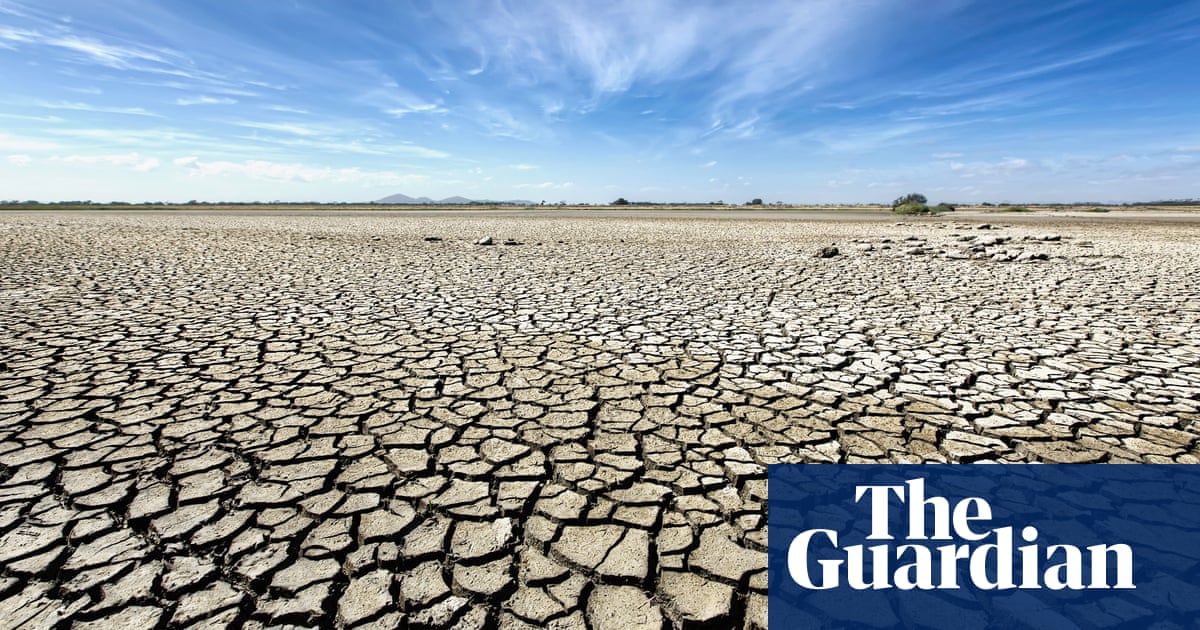Western Australia is tearing up environmental protections – and taking a bet the rest of the country won’t notice | Carmen Lawrence

Western Australia sometimes feels more than three hours behind the rest of the country.
The tyranny of our distance has always meant it’s been hard to get the attention of the east coast.
For West Australians, this has famously led to a secessionist streak that re-emerged spectacularly during the start of the pandemic, when we were truly cut off.
Even now, on a regular basis, WA becomes severed from the rest of Australia when fire or flood cuts the tenuous road and rail links connecting us across the Nullarbor.
But most of Australia has been asleep at the wheel while WA has taken control of environmental policies, driving the political conversation ahead of overlapping WA and federal elections.
And not in a good direction.
In recent months, it has become clear that federal Labor’s flagship national nature laws reforms have become stuck in limbo.
Last month, the West Australian newspaper – owned by a company with substantial mining and gas interests – ran a front page that labelled the Albanese government “an enemy of the state”. Just hours later, nature positive legislation was pulled from the Senate, and hasn’t returned.
This came after the premier, Roger Cook, bragged about giving the prime minister the hard word while flanked by leading resources CEOs; he then dispatched WA’s environment minister to Canberra to follow up the lobbying.
WA is already the only state in the country where emissions continue to increase, but it’s also the only state with no targets to reduce them or replace them with renewable energy.
The WA government has also indefinitely deferred their flagship climate legislation, which was an election commitment in 2021 but seems unlikely to pass before the next election in 2025.
WA Labor is taking a bet that WA voters won’t care and that the rest of the country won’t notice.
I don’t think the current premier is right about the first part. An overwhelming majority of West Australians want stronger nature laws and say they’re concerned about climate change.
But Australia still hasn’t realised the damage that WA political and business leaders are doing.
On Tuesday, the WA environment minister, Reece Whitby, stood up in parliament and, without any notice, consultation or debate, announced that the WA government was changing its policy around major projects and would no longer seek to regulate their greenhouse gas emissions.
This overthrows decades of consensus that the state government has a role to play in mitigating the climate impacts of big-emitting projects. Whitby cited the federal safeguard mechanism as rendering state-based conditions redundant, but the safeguard mechanism by itself is too weak to even return WA’s soaring emissions to their 2005 baseline by 2030.
Just two days later the state government doubled down by passing sweeping reforms to WA’s Environmental Protection Authority itself, following a snap review that failed to consult with any environmental groups.
The government described the changes as an attempt to “slash green tape” by fast-tracking project approvals and allowing the EPA board to be filled with industry representatives and giving the government explicit power to direct the EPA’s priorities.
Retiring WA Labor MP, Chris Tallentire, described these reforms as “an industry wish-list.”
And in the midst of all this, WA Labor also appointed a new chair of the hamstrung EPA – a former consultant who has stated, as an EPA board member, that “my job is to actually help [projects] through the process as quickly as possible”.
These changes to WA’s nature watchdog is in the context of pending approvals for large parts of the biggest fossil fuel project in Australia – Woodside’s Burrup Hub, which they are seeking to expand until 2070.
In August, the EPA warned Woodside that its Browse gas proposal was “unacceptable” due to multiple serious environmental risks. Since then, the WA government has launched an ongoing assault on any protections against the impacts of the WA gas industry on our nature and climate.
It is dangerous for the country and dangerous for the world, and it needs to be called out. Two elections in the next seven months will provide an opportunity for Australia’s voters to have their say and to hold Labor to their public commitments to seriously address climate change.
Source link




